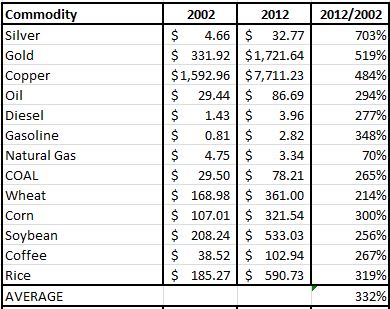I wanted to expand a bit on my earlier post. The economic Witch Doctors are firm in their belief that deficit spending is the cure to jumpstart an ailing economy. They promise that at some point, the spending can be weaned, and the economy can stand on it’s own. We’ve been trying this for a decade and are now working on our 5th straight trillion dollar deficit, with no weaning in sight. I think it’s time to think just a little bit harder about the true affect of deficit spending. The symptom deficit spending tries to cure is declining GDP, or even just a reduction in the rate of growth….in other words, people are deciding not to transact.
In a prior article, we looked at a scenario where a buyer and a seller had a desire to transact, but were simply too far apart on price for a transaction to occur.
After haggling for a bit, the buyer is at $25, and the seller is still at $75….no transaction occurs. Oh no…GDP is crashing…prepare the soup kitchens right? Well…no. You see, the buyer has determined that the value of a massage to him is only $25. Spending $75, would mean taking a loss….which he won’t do, because he can take his $75, and get something he personally values at greater than $75…even if that something is nothing at all. On the other side of the transaction, the seller values his time at greater than $25. He would rather call it a day and spend the extra time with his kids…or watching TV, or sleeping….all things he may personally value more than the marginal $25. In this case, a non-transaction is the optimal economic outcome.

Catch up (June/July 2018 Cash Deficit)